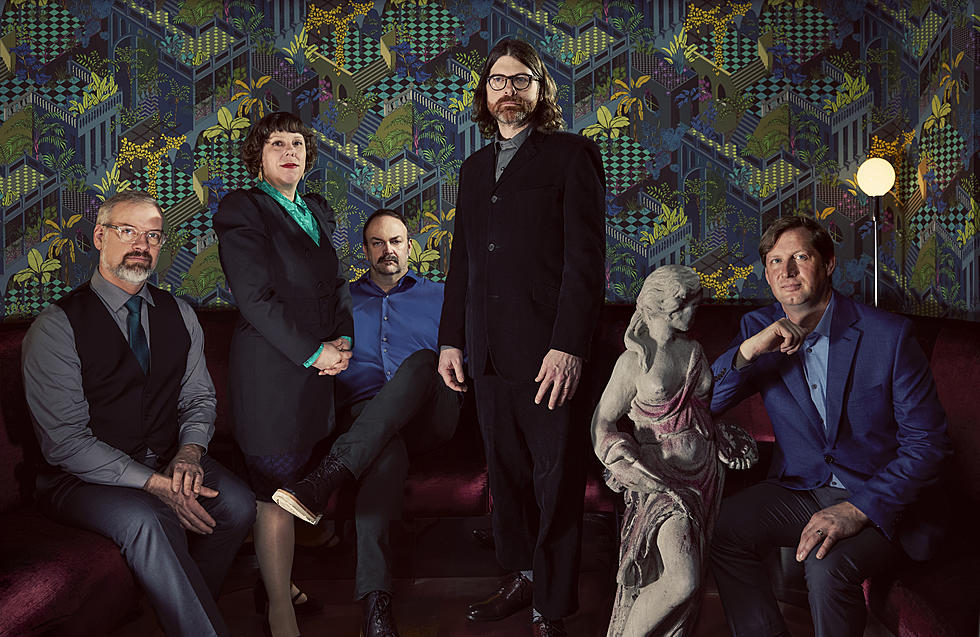
MSU Study to Link of Earthquakes to Microbe Growth
For the next three years, researchers will be looking for microbes known as thermophiles deep under Yellowstone National Park. Montana State University announced a $1 million grant from the W.M. Keck Foundation that will allow study of water deep under the seismic active region. A team led by Eric Boyd will be lowering a unit hundreds of feet down into boreholes that were drilled in the park about 10 years ago in a separate study. The team will design and construct the Kinetically Activated Subsurface Microbial Sampler that is expected to collect subsurface water samples when it senses an earthquake of a certain magnitude. Researchers are expecting to find evidence that large enough quakes shear rock and open new underground paths for water that is 100 degrees Celsius or more. That "fresh" hot water is thought to supply nutrients to the microbes.
Dr. Boyd said in a news release, "Every piece of evidence that we and others have collected over the years points to the presence of a subsurface biosphere in Yellowstone. the intriguing question then becomes how that life is sustained. Mark Julia, head of MSU's Department of Microbiology and Immunology, said in a news release, "The research has the potential to significantly impact our understanding of how geological forces drive microbial evolution. The efforts of Dr. Boyd and his team of securing this grant are impressive."
The Keck award is made in memory of W.M. Keck's granddaughter Tammis A. Day of Sula, Montana, who was a poet, playwright, actress, horsewoman and sister to foundation Chair and CEO Robert Day. The Bozeman project will include researchers from Princeton University, University of Colorado, New Mexico Institute of Mining and Technology, United Geological Survey, National Park Service, Salish Kootenai College, Dine College and Class VI Solutions.
More From Alt 95.7









